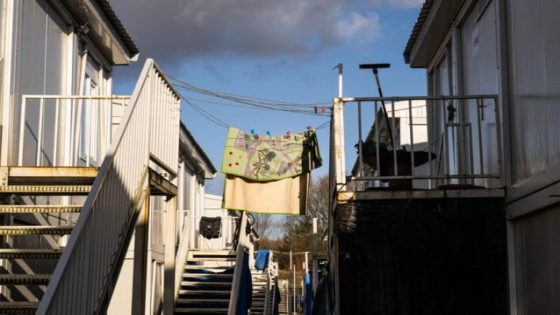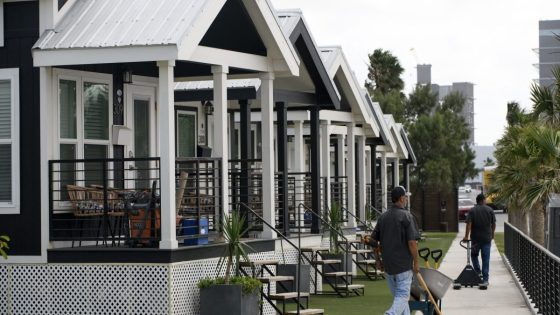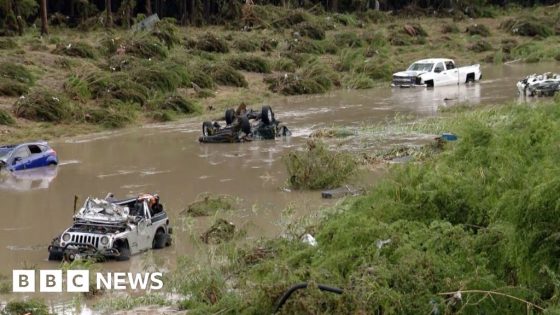A vulnerable Ukrainian family of four in Antwerp faced eviction from a temporary shelter, raising concerns about the housing crisis for refugees in Belgium. This case, unfolding around 2025-05-05 23:44:00, highlights ongoing challenges for displaced families seeking stable homes.
- Oekraïens gezin dreigt uit nooddorp gezet te worden
- Advocaat voorkomt uithuiszetting voorlopig succesvol
- Stad Antwerpen en organisaties zoeken nieuwe woonoplossingen
- Vrederechter gaf toestemming tot uitzetting
- Tweede gezin wacht kortgeding tegen uitzetting
- Nooddorp huisvest momenteel 25 personen, piek 700+
The family, including a middle-aged couple, their disabled son, and grandmother, were living in a shelter on Linkeroever, which was scheduled to close in February. Despite efforts by welfare organisations and the city of Antwerp, finding private housing remains difficult for some residents.
Could this situation reflect a broader issue in supporting refugee families? And what solutions are being explored to prevent such vulnerable groups from becoming homeless? The following summary sheds light on recent developments and ongoing efforts.
The case raises important questions about the balance between municipal interests and refugee welfare. The court’s decision to postpone eviction reflects concern over the family’s vulnerability and the risk of unjust displacement. Key points include:
- The family’s eviction was halted by a court ruling prioritising their well-being over the city’s interests.
- Support from CAW, Digidak, and the real estate sector is ongoing but not yet fully effective.
- Another family with a young child faces a similar eviction threat, showing the issue is not isolated.
- Currently, 25 individuals remain in Antwerp’s refugee shelter, down from over 700 at its peak.
Looking ahead, will Belgian authorities and social organisations intensify efforts to secure long-term housing for displaced families? Continued legal advocacy and community support are crucial to ensuring no vulnerable refugee is left without shelter. It’s a call to action for policymakers and citizens alike to address this pressing humanitarian challenge.

































